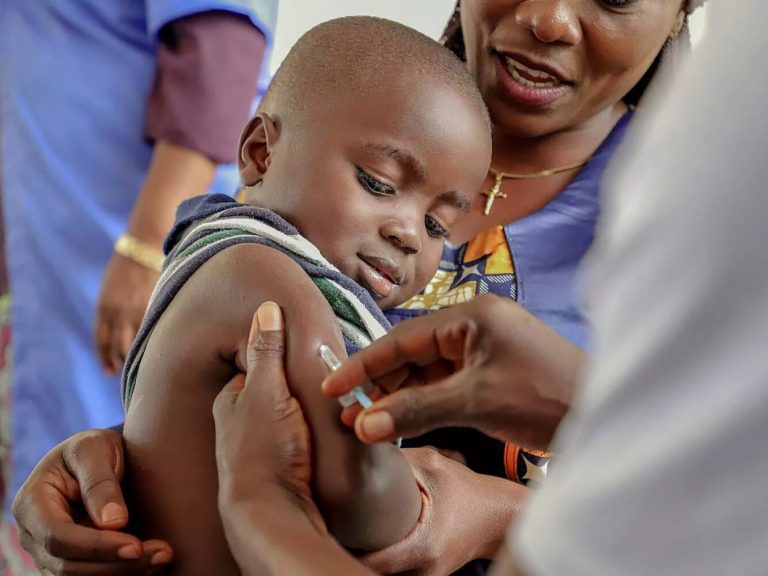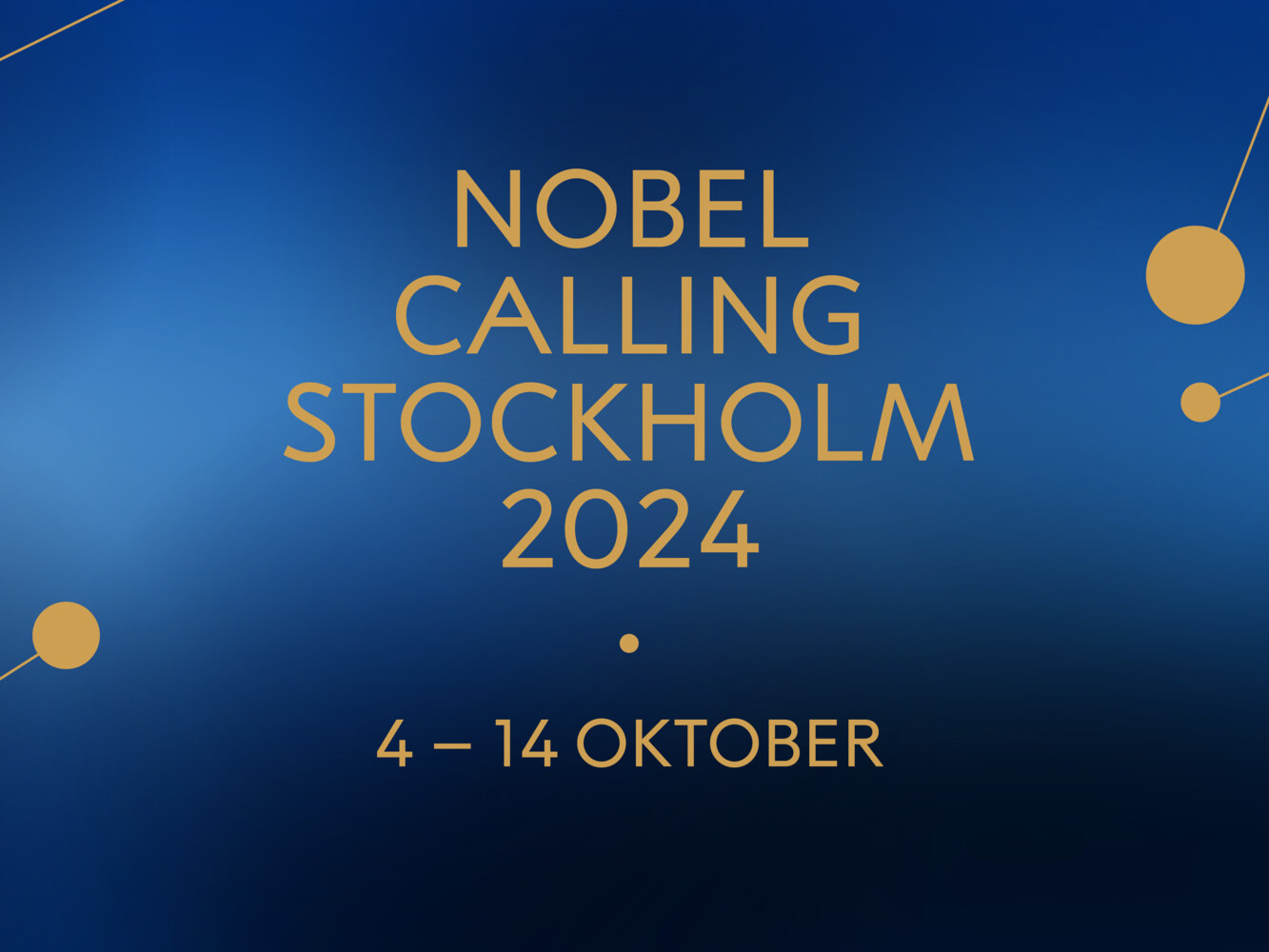This year marks the 50th anniversary of the launch of the Global Immunisation Programme by UNICEF and WHO. The programme has helped save 154 million lives. In Sweden, childhood vaccination is estimated to have prevented around one and a half million cases of measles, pertussis, mumps and polio. But the pandemic has drastically reduced access to routine immunisation for children around the world, and diseases that we had almost eradicated are now at risk of returning.
Tobias Alfvén, paediatrician and professor of global child health at Karolinska Institutet, together with Pernilla Baralt, Secretary General of UNICEF Sweden, invite you to a lecture on the history of vaccination and how it has affected the survival and health of children in Sweden and globally.
In 2019-2021, almost fifty million children did not receive a single dose of vaccine. Children in areas affected by crisis, such as war and conflict, are particularly affected. In these situations, access to safe health and vaccination programmes is undermined. But even in Europe, we have gaps in vaccination coverage and we have seen several measles outbreaks in European countries in recent years. This is a reminder that we need to prioritise children’s health, especially in times of uncertainty.
This seminar will provide an overview of the history of vaccines, focusing on the last fifty years and the UNICEF and WHO global vaccination programmes. Furthermore, we will discuss how we can ensure that all children have access to the vaccines they need. Recovering global immunisation levels and scaling up efforts to reach unvaccinated children needs to be a priority for all governments around the world.

